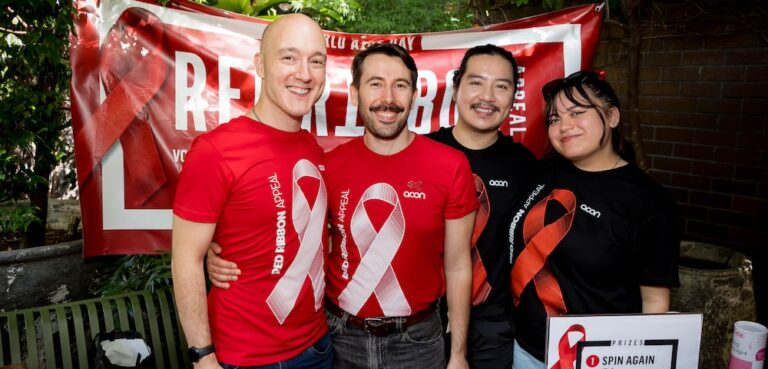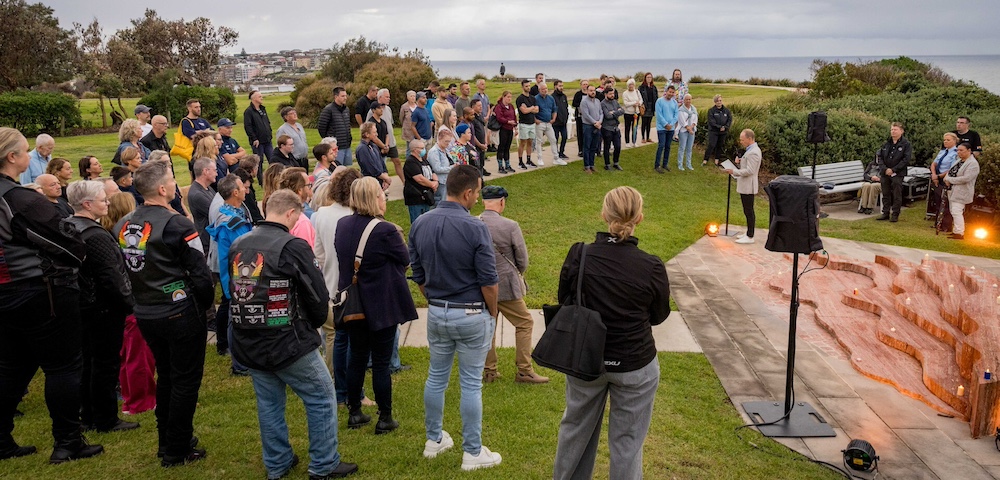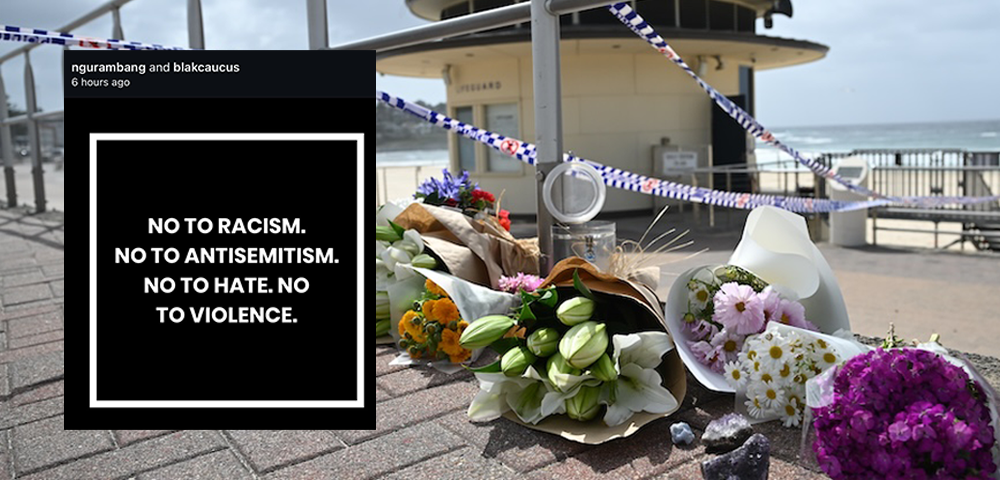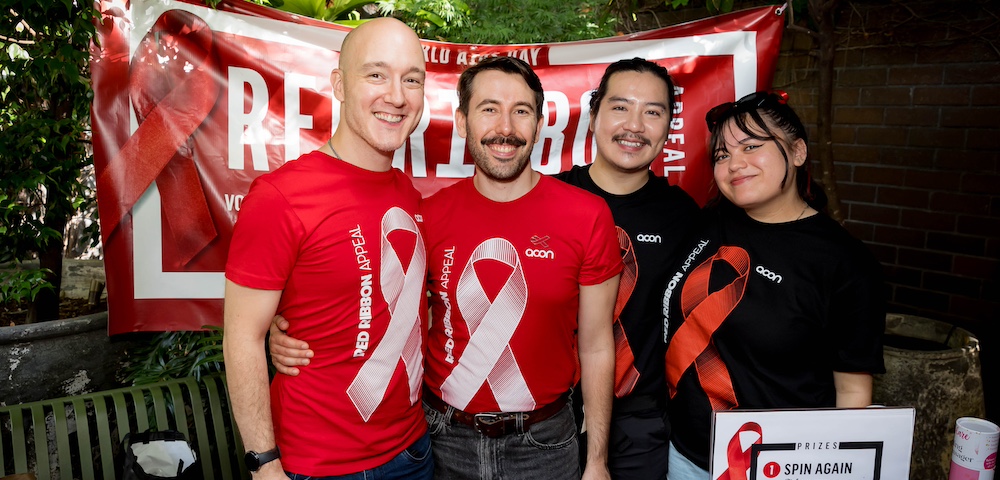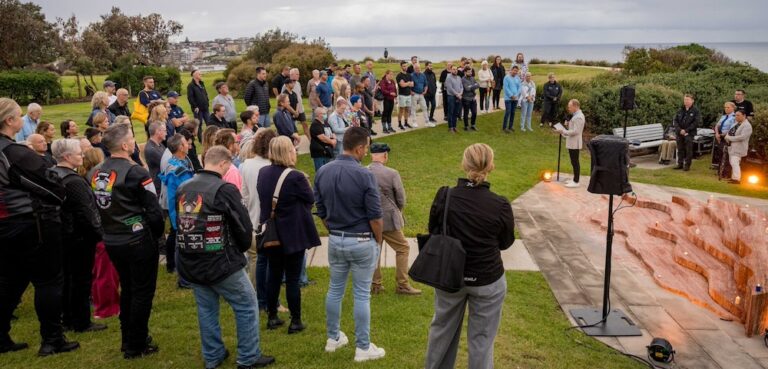
Dying To Know Day: Why Having A Will & End-of-Life Plans Is Crucial for LGBTQ+ People

When Larissa Schreiber took on a new client, they were deep in grief after losing their partner of decades. But amid that heartbreak, something even more distressing emerged: their partner’s homophobic family began disputing the estate.
“They were together for quite some time in a de facto relationship, decades long,” Schreiber, who is a lawyer at Dowson Turco Lawyers, explained to Star Observer.
“And unfortunately, the deceased family is homophobic, and now… they are disputing the estate because they want the money, and they deny that my client was ever in a relationship with the deceased.”
The surviving partner is now facing an uphill battle, forced to prove the existence of their relationship — despite their long history together. And Larissa explains that due to one of the men having a very traditional background as an immigrant, the couple kept their love quite private.
“There aren’t significant Facebook posts and lengthy public displays of affection,” she explains. “Now trying to prove to the banks and the court and the superannuation companies that it was in fact a valid relationship is difficult.”
“The client has suffered significant mental health issues as a result, not to mention the extensive legal fees that have resulted from trying to put together evidence of a lengthy relationship that the homophobic family is disputing.”
It’s a harrowing example — and one that shows exactly why documentation matters, particularly for our community.
Dying to Know Day: The law doesn’t recognise chosen family
Schreiber is a panellist at Dying to Know Day: LGBTQIA+ Panel Discussion, presented by ACON this Friday. The event aims to help LGBTQIA+ people understand why end-of-life planning is vital, and how to protect their partners, chosen family and personal dignity through legal tools like Wills and power of attorney.
“Death and dying is a topic lots of us find really hard to talk about, and as LGBTQ+ people or PLHIV, we often have an added complex relationship with this topic,” explains Zoe Hinton, who is the Community Health Promotion Officer (End of Life and Palliative Care) for The LOVE Project at ACON. “Many of us have experienced multiple, traumatic losses, or navigate being excluded from legal proceedings and funerals of loved ones, or have our loved ones being misgendered in death.”
“Creating safe spaces for us to come together and learn from other LGBTQ+ experts in this area is an amazing opportunity,” Hinton continued.
“Talking about death and dying doesn’t need to be scary. It’s so important to learn how the LGBTQ+ community can have these conversations to protect ourselves and our loved ones at the end-of-life, and make sure our wishes are really respected.”
“In New South Wales, the estate space is governed by the Succession Act,” says Schreiber. “And this legislation dictates that your estate will be distributed in a particular order, as dictated by the Succession Act. It goes to your spouse. If you don’t have a spouse, it’ll go to children, if no children, parents, and so the list goes on, right?”
“This is a very traditional hierarchy. It has zero consideration for chosen family and for the LGBTQ community.”
“This is incredibly important — to set out your wishes on paper in identifying and recognising your personal relationships, your chosen family and the people who mean most to you.”
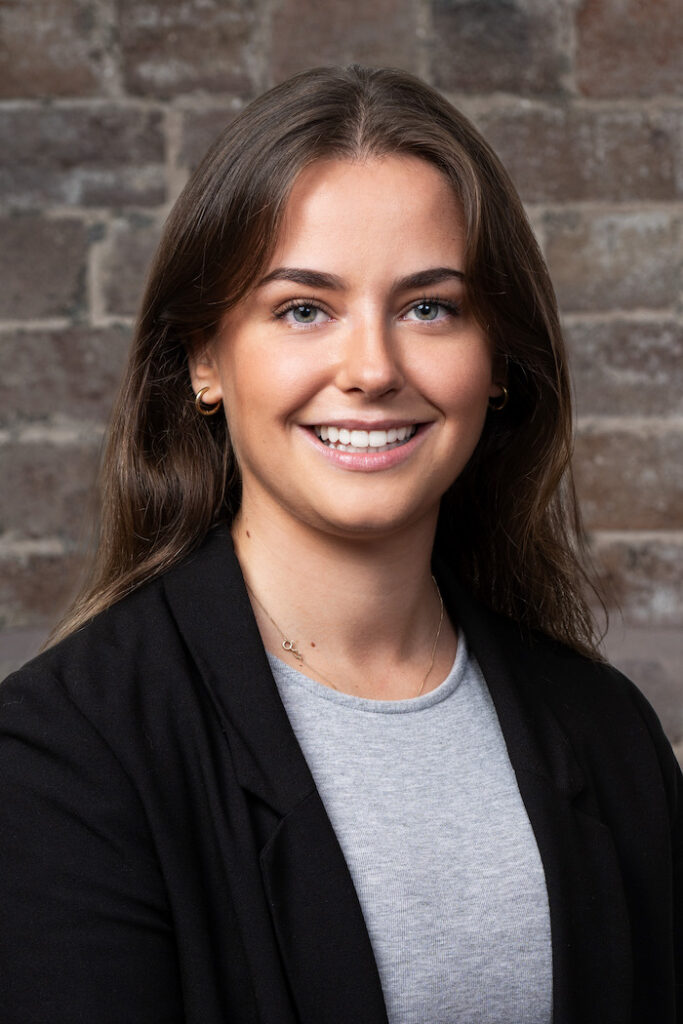 Larissa Schreiber from Dowson Turco Lawyers. Photo: Supplied.
Larissa Schreiber from Dowson Turco Lawyers. Photo: Supplied.
“It is important to attend to end-of-life planning before it happens, so it’s not just for older people,” Schreiber explains. “I think a lot of people believe they only need a Will when they’re in their 70s and 80s, or when they’re dying. But unfortunately, we don’t know what life can throw at us.”
Schreiber emphasises that having documents like a power of attorney and enduring guardian in place is just as essential — because they’re activated when someone loses mental capacity through illness or injury.
“You nominate people to manage your financial and legal affairs and your lifestyle and wellness-related affairs. In the event that you lose mental capacity, you want to make sure that the people you’ve appointed, whether it’s to deal with your estate after you die or to assist you in a time when you don’t have mental capacity, are people who will have your best interests at heart.”
How wills can act as a “legal shield” for LGBTQ+ people
For LGBTQIA+ people estranged from family or not legally married, the stakes can be high.
Schreiber says that events like the Dying to Know panel are deeply necessary for LGBTQIA+ people.
“Unfortunately, these are discussions that the LGBTQ+ community need to have, because… a lot of these superannuation companies and banks are still very traditional and in cases of ambiguity, they very often side with the blood relatives.”
““You don’t always think to have and store excessive amounts of photos or shared assets or evidence,” she explains.
“There are mechanisms that you can put in the Will — for example, exclusionary clauses,” she explains. “If there are particular family members or individuals or even previous spouses that you wish to exclude entirely from benefiting from your estate or making a claim, you can do so.”
When it comes to LGBTQ+ end-of-life planning — where do you even begin?
“The first thing I’d recommend is to just do some research about the documents,” Schreiber advises. “And to consider your estate and perhaps who you’d like to nominate as a beneficiary and executor; the people that you trust and rely on most.”
“Then I would suggest booking an appointment with a solicitor to discuss your wishes.”
“It’s very important to give a solicitor full context of your situation and your estate so that they can consider the best approach for your Will and circumstances.”
Dying to Know Day: LGBTQIA+ Panel Discussion
When: Friday 8 August 2025, 1 – 4pm
Where: Inner West Pride Centre in Newtown
This event is free, but you must register to attend here.



